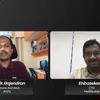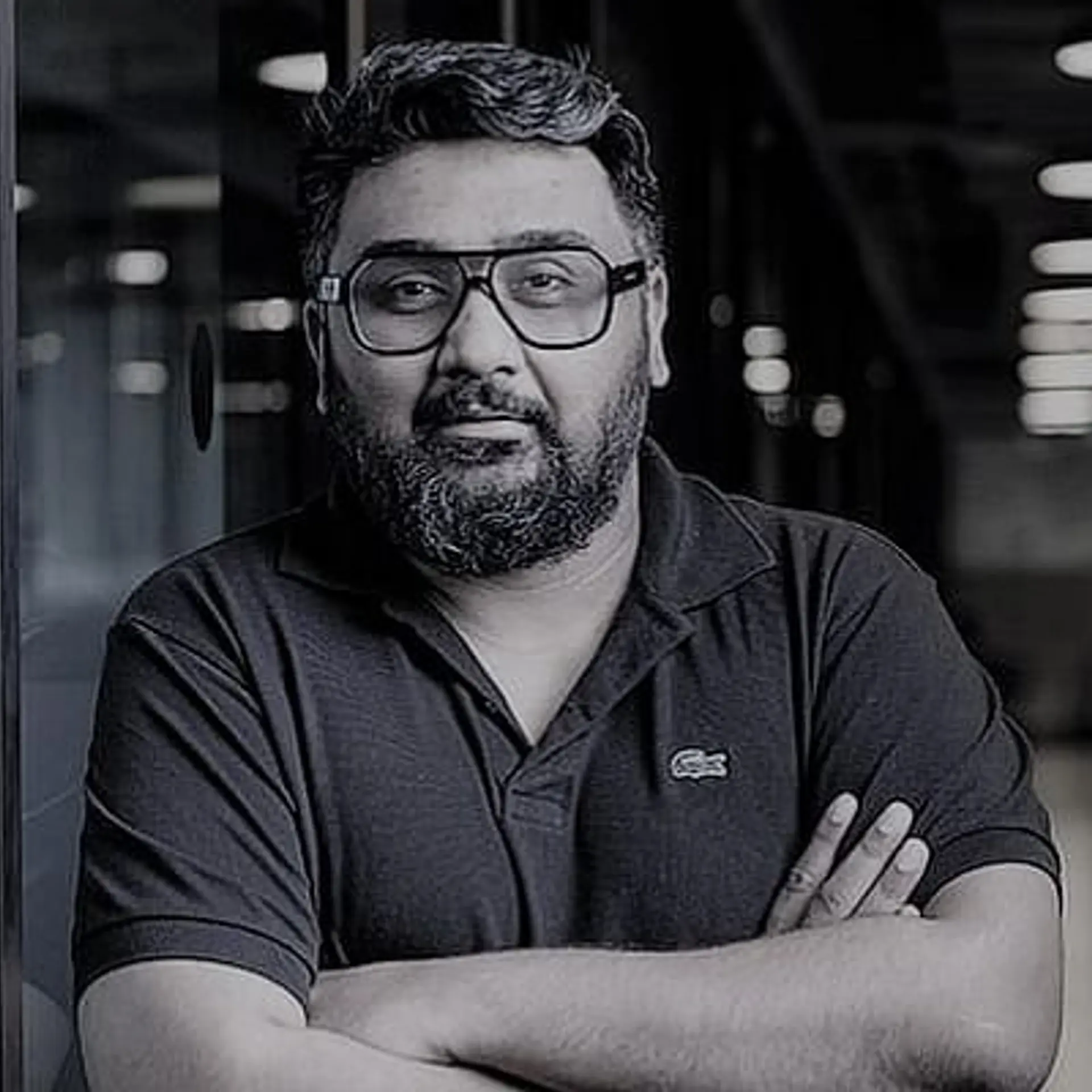Tech-enabled healthcare solutions can bridge the gap between rural and urban ecosystems, say experts at TechSparks 2021
At TechSparks 2021, entrepreneurs from the healthtech sector shared their journey and commitment towards digitising the healthcare sector to ensure accessible healthcare for all.
The past few years and the seismic shifts caused by the COVID-19 pandemic have put the spotlight on India’s healthcare system. More and more entrepreneurs are now leveraging technology to counter the country’s healthcare demands.
As per the recent report ‘Unleashing the Healthtech Potential’ by RBSA Advisors, India’s healthtech sector is estimated to reach $50 billion by 2033, growing at 39 percent CAGR between 2020 to 2023.
To deep-dive into the current healthtech ecosystem, the panel discussion on ‘Tech save: Merging healthcare with innovation for rapid growth’, powered by SAP, saw leaders like Geetha Manjunath, Founder and CEO, ; Anu Acharya, Founder, ; Vishal Gondal, Founder and CEO, ; Gaurav Agarwal, Co-founder, ; Sunil Thakur, Partner, Quadria Capital along with a SAP spokesperson.

Digital transformation in healthcare
The COVID-19 pandemic accelerated the adoption of digital strategy initiatives for healthcare organisations. Explaining the healthtech wave, Gaurav explained, “Consumer adoption of technologies happened almost overnight in all of India's healthcare companies, digital or otherwise. What UPI was for payments, the pandemic was for healthcare,” he said.
Echoing similar sentiments, Niramai’s Geetha added that digital is the future for the sector. Artificial intelligence using big data and general analysis with smart algorithms could be key to predicting future pandemics.
“And I feel technology-enabled healthcare with some of these smart systems can actually bridge the gap between the rural and urban ecosystems,” she added.
Anu believes that the past few years saw a lot of improvement on the technology front, especially with people exploring preventive healthcare. “I think since COVID, there has been a shift in terms of how people are starting to look at health, preventive point of view as well. We are also seeing a change over the last one and a half years with new technologies, like genomics,” she said.
As someone who has been working in the preventive sector with health monitoring wearables, Vishal thinks that the pandemic made people realise the importance of tracking and getting the right guidance.
“Consumers now want to be in control of their health. And I think whether it is data analytics, wearables, or online platforms like 1mg or even genomic information, customers want it all to protect themselves,” he shared.
Taking the digital conversation a step further, SAP’s spokesperson added that today’s startups are in a very interesting position.
“It all depends on how various startups look at the adoption of enterprise technology. Some realise it early, some postpone it so they can do it at the right time. We have technologies for a company which is at 1 crore, 50 crores, 200 crores or even 2,000 crores. We have products which will suit every stage,” he said.
How startups are driving innovation
A lot of programmes like right data diagnostics, health, nutrition, mental health guidance, etc are emerging today. “1mg started with point solutions around pharmacy diagnostics, but eventually built out a journey solution. We brought in diagnostics and consultations. And now we’re progressively bringing in more and more outpatient care services, and thinking of it as a subscription. So you pay once and then you can access all services so that this financial burden of healthcare is eased off your shoulders,” said Gaurav.
While investors are keenly watching the changes occurring in the space, the proposition for investing in technology has increased dramatically with the government's push towards digitisation and commercial compulsions, added Quadria’s Sunil.
One of the first things Mapmygenome did was introduce a Genomepatri, or ‘health horoscope’. “I think what we've been able to do now is that we are getting to customers early, getting them used to the whole ecosystem we've built, and have been able to provide them integrated services that allow them to get value from the personalisation of not just the genomic data, but also the integration of other data,” she explained.
Talking about gamification of the field, Vishal shared that GOQii rewards customers for every healthy activity. “We created an entire rewards ecosystem called GOQii Cash, where you literally mined this cash by becoming healthier. And now with our partners in insurance, I'm able to even impact insurance underwriting. Beyond getting health and clinical data, the larger idea is to translate this into a health score, which can then determine the benefit to the consumer, just like how the credit score changed the game of credit availability in India.” he said.
Niramai uses Thermalytix, an intelligent computer-aided diagnostic tool. Geetha highlighted, “We measure the temperature or temperature variations on the chest using an AI-based tool, which automatically detects if the person has cancer, what is the probability, and if it is cancer, where it is, so that the follow-up test can be focused on the targeted area that is identified. All this is automated, available at one time to 122+ different systems and can be operated by simple health workers.”
What’s next?
As per SAP’s spokesperson, the country is about to see a lot of technology adoption in rural health delivery space. Be it telemedicine, remote health monitoring, there are a lot of business models in play right now.
“We will see a lot of cost optimization drives, whether that happens to group procurement, to technology-enabled procurement, rationalisation companies, or it happens to aggregators like a 1mg, but we will see a lot of cost rationalisation that happens beyond the large hospital chains. We will see blockchain coming in to leverage upon the trust factor and reduce leakage,” he says.
Sunil adds that there are various models that are seeing more interest from investors such as workflow management model, AI model, data analytics and clinical intelligence setup among others.
For Anu and Geetha, the future is exciting. Anu explains that they’re looking at having offline models as well, while Geetha had recently brought health screening to customer homes. “Going beyond India is also on the cards. It’s pretty exciting to take Indian innovation abroad,” she says.
To log in to our virtual events platform and experience TechSparks 2021 with thousands of other startup-tech enthusiasts from around the world, join here. Don’t forget to tag #TechSparks2021 when you share your experience, learnings and favourite moments from TechSparks 2021.
For a line-up of all the action-packed sessions at YourStory’s flagship startup-tech conference, check out TechSparks 2021 website.











